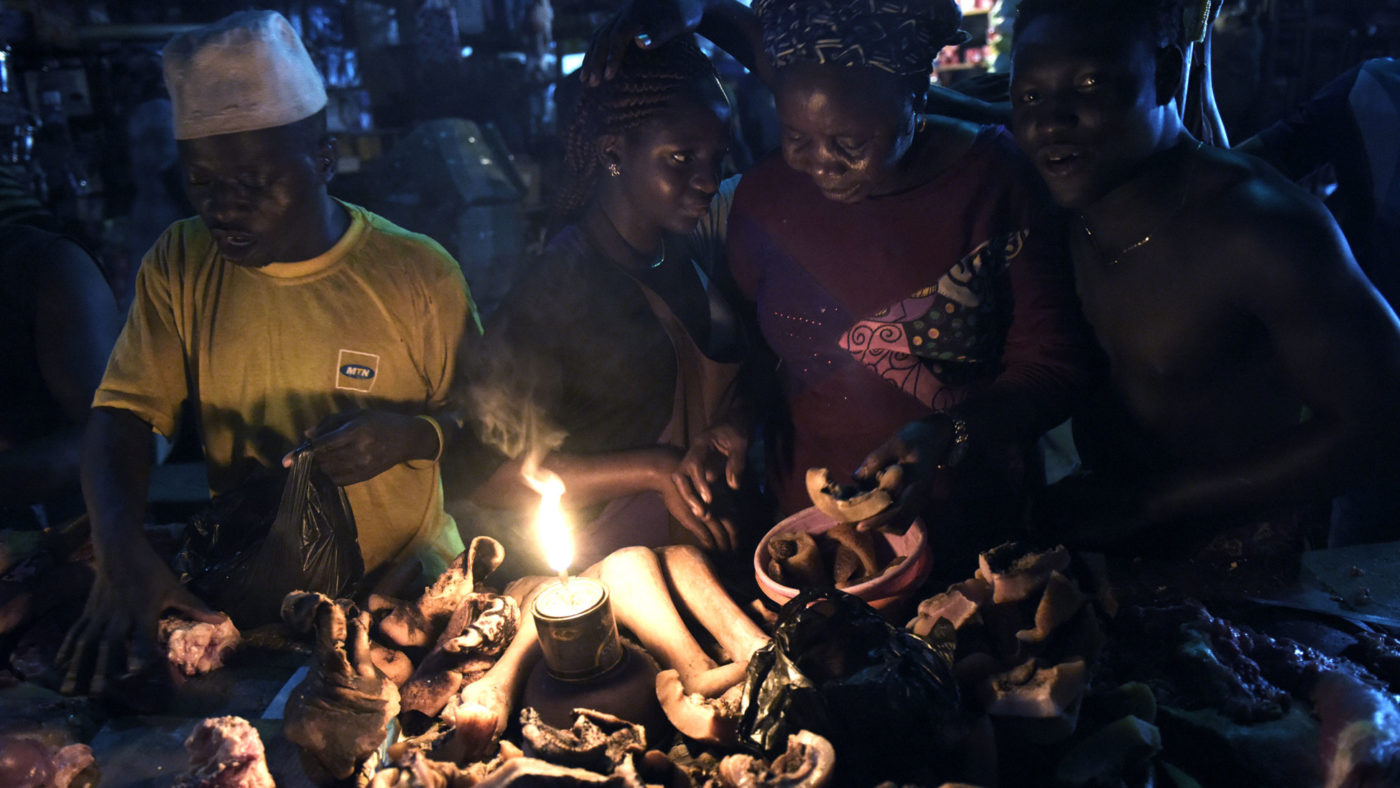The global economy is undergoing a historic transformation, as economic and political power continues to shift towards emerging markets. Britain’s place in this world should be defined by the leadership we bring in unlocking these markets; providing a hand-up and not a hand-out to the world’s poorest so that they can become our trading partners of tomorrow.
But to achieve that vision we must first apply a massive dose of accountability and transparency to the big multilateral development banks that take British cash, while doing little to support our relationships with some of the fastest growing economies in the world.
One clear example of this is energy. Just over one billion people around the world still lack access to electricity. That means surgery by torchlight, pumping water by hand, and no chance of a job that isn’t backbreaking subsistence farming. Yet rather than try and help these people, the big multilateral banks restrict UK taxpayers from investing in any form of energy that isn’t renewable.
Yes, renewables are important, but the reality is that no country in the world has industrialised using rooftop solar panels. In interviews with Western journalists, Indian ministers have repeatedly explained that India cannot be expected go to bed once the sun sets at 6pm. Nigeria is desperate to diversify away from oil and gas and into mining and manufacturing, rightly pointing out this requires massive energy inputs, including from coal. If an advanced economy like Germany needs coal for 40 per cent of its power, then why should a Malawi or Bangladesh make do with intermittent renewables?
The answer is they won’t. Developing countries with fossil fuels are very clear that when push comes to shove, they will always prioritise development over emissions reduction. So if we want to deliver the Paris Agreement, helping them use fossil fuels more cleanly is the only game in town.
And in our own rush to grab headlines and outbid other nations when signing international agreements, we have overlooked the fact that in the UK we have the very technology to support some of those emerging economies to advance.
Take high-efficiency lower emissions (HELE) coal plants, which emit up to a third less CO2 than traditional coal-fired power stations. Innovative British manufacturers, mostly in Northern England, are already part of the global HELE supply chain. We should be backing the kind of energy aid that supports these companies, not restricts them.
Carbon capture and storage (CCS) technology is also gathering steam, with 17 large-scale CCS projects in operation around the world and more in the pipeline. One company backed by the UK government recently managed to capture 97 per cent of the emissions from a 10MW coal plant in Chennai, India. Coal with CCS is vital for tackling climate change, but under current World Bank rules portable solar lamps – which do nothing for net emissions – are seen as more important.
As my friend the Indian Prime Minister Narendra Modi put it at Davos this year: “Everyone talks about reducing carbon emissions, but there are a very few people or countries who back their words with their resources to help developing countries to adopt appropriate technology.”
It’s time we ended these anti-development restrictions. Not only would this help the world’s most energy-starved countries, it would also support UK Plc. Our North Sea experience has given us huge expertise in the technology that underpins carbon capture and storage. UK universities are forging ahead with CCS research. As we develop this technology in Britain, we should be looking to export it abroad. This trade could be worth up to £9bn a year by 2030 to the UK, but with other advanced economies looking to capture this market, we have to move now.
Already the US has announced that it plans to supply resources and technology to any country that wants to use fossil fuels more cleanly and efficiently. We cannot risk getting left behind, especially as we raise our sights beyond the EU and look to forge new trading relationships with our partners in the Commonwealth. We should be leading the charge.
In a fortnight, the World Bank will hold its annual meeting in Washington, DC. Top of the agenda will be a request for a capital increase from donor countries. As one of the World Bank’s biggest donors, our voice carries weight. Now is the time to use it. We should be joining the US in calling for a pragmatic approach to energy in developing countries. That means an end to these damaging restrictions.
Get this right and we can make our development aid work in our interest as well as the global interest, helping key strategic partners bring power to their citizens while supporting jobs, influence and trade for Britain. That’s exactly the kind of global influence that the British people expect from their aid contributions.


